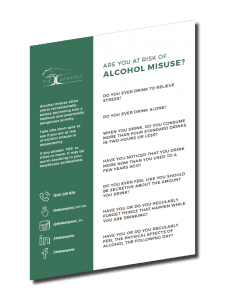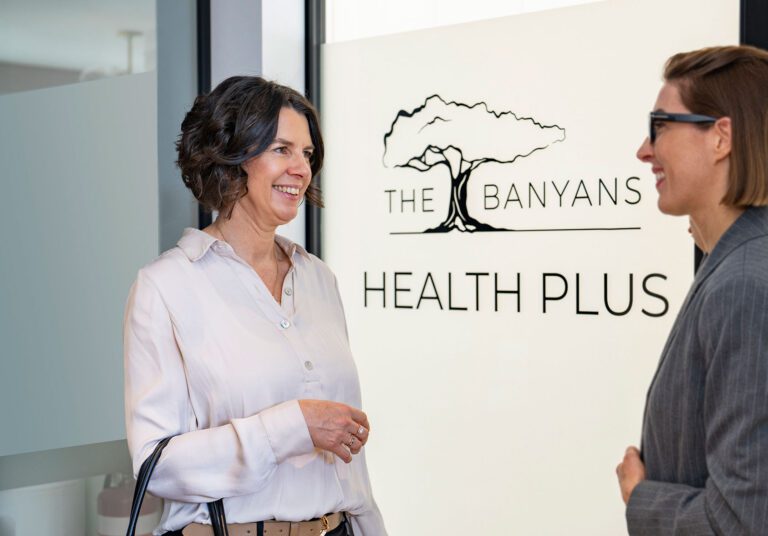
Alcohol misuse happens to many people – so much so that identifying alcoholism can be hard. Sadly, many people end up dependent on alcohol. This can start as an emotional or psychological dependence and can progress to a physical, psychological or emotional dependence. How do you know if someone you love may be experiencing an unhealthy relationship with alcohol?
This article might be helpful if
- You suspect someone you care about is drinking too much;
- Someone you care about has experienced negative effects of drinking too much;
- A loved one has confided in you that they are concerned about their drinking;
- You have been asked for help by someone to address their problem drinking.
Identifying alcoholism in your loved one
Properly diagnosing someone you care about as addicted to alcohol can only be determined by a medically trained specialist. However, there are many other uses of alcohol (besides addiction) that can be dangerous, destructive and detrimental to our health and wellbeing.
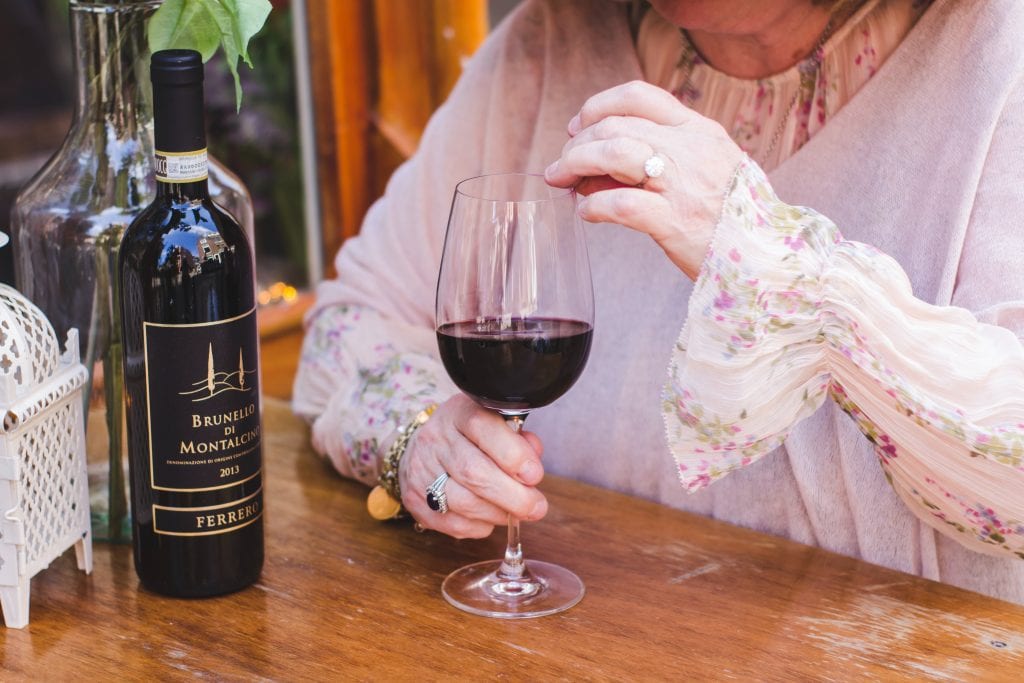
Regardless of where your loved one may be on the scale of alcohol misuse, they can experience the negative effects of alcohol. These effects include disruption to professional and personal life, as well as their physical health.
In Australia, alcohol misuse and dependency is widespread. Recent statistics suggest that almost half of all drinkers do so to get drunk. This can make identifying alcoholism in our loved ones very sensitive and difficult.
Over 17% of Australians aged 14 and older have put themselves or others at risk of harm while under the influence of alcohol in the last 12 months.
If someone you love is drinking too much, they will often be surrounded by others who are doing the same. This can make their consumption seem normal, and more difficult to identify as problematic.

What to look for when identifying alcoholism
Do you suspect that someone you care about is drinking too much and might have an alcohol dependency? Because alcohol is so readily available and culturally acceptable, it can be hard to work out if someone is drinking to a level that is unhealthy.
Related: Signs and symptoms of substance misuse
Some signs that can help when identifying alcoholism include:
- Hiding bottles around the house or in their office, or lying about their drinking behaviours;
- A slow but noticeable increase in the number of empty bottles in the rubbish bin every week, or time spent engaging in alcohol-related activities;
- Beginning to drink alcohol earlier in the day, often accompanied by jokes like ‘It’s six o’clock somewhere’ or talking about wine o’clock on a nearly daily basis.
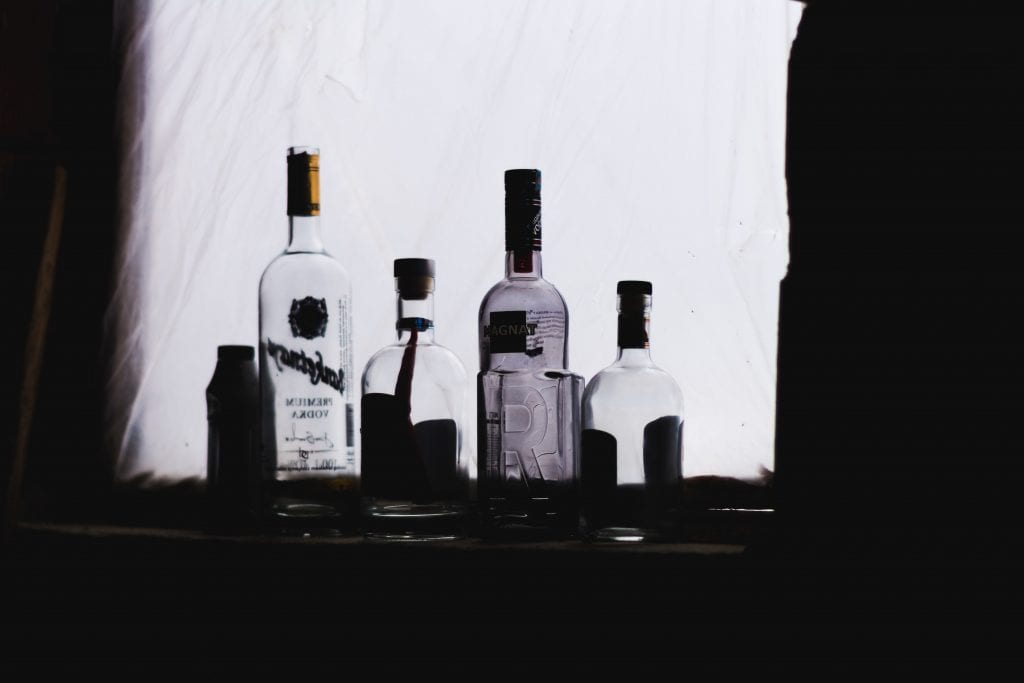
It’s important to understand that this behaviour of misusing alcohol or experiencing “addiction” is not a character flaw or reflection on their morals. Your loved one is likely self-medicating stress or pain of some type, and need help and healthcare, not judgement or shame.
When a person is misusing alcohol, they are trying to self-medicate pain of some type. It’s not a character flaw or moral failing.
Alcohol is powerful substance, with inherent addictive properties. It has an innate ability to draw people in, alleviating unpleasant emotions and having a sedative effect. To learn more about how alcohol addiction hijacks the brain, you can read more here.

Has someone you care about experienced negative effects of drinking too much?
While alcohol is often considered a harmless substance, particularly in comparison to other drugs, the unfortunate truth is that alcohol can have negative consequences for many people.
Some negative effects of alcohol can include:
- Cognitive impairment, either short term or long term.
- Legal impacts from being under the influence of alcohol and drink-driving or other illegal acts
- Relational disruption from the strain of inappropriate behaviour occurring from alcohol affected words and actions
- A range of health risks including high blood pressure, heart disease, stroke, liver disease, and digestive problems as well as increased risk of cancer of the breast, mouth, throat, oesophagus, liver, and colon.
Related: The cost of addiction adds up
When any of these occur, it is hard to watch the effects of alcohol use on someone we care about. Early intervention in problem alcohol consumption can help to minimise or prevent significant negative effects.
Is someone you love at risk of alcohol misuse?
Find out today with The Banyans free downloadable quiz.
Has a loved one confided in you that they are concerned about their drinking?
Perhaps someone you care about has had a ‘wake up call’ about their problem drinking and has reached out to you for help. This can be a relief that they are ready to address their drinking, but you can also feel overwhelmed trying to help them navigate the options for treatment.
If you have gone through the process of identifying alcoholism in a loved one, it’s important to talk to trusted options for help. Importantly, if someone has reached out for help, their motivation can shift and change so it is wise to be ready with suggestions. Some research indicates that people who don’t action their decision to get help within 48 hours can slip back out of the motivation to change. Sadly, this means that they then wait until another crisis occurs before they take positive action again.
Related: The five stages of change – is your loved one ready for help?

Have you been asked for help by someone to address their problem drinking?
It can be hard to know what alcohol treatment programs your loved one should choose. Doing your research before someone is ready to accept help means you are prepared and confident to help in a timely manner when they are determined to change.
Unfortunately, in many countries of the world, including Australia, private rehabs and treatment programs are not government regulated. They might have a nice website but lack depth in their treating team, or take shortcuts in treatment inclusions in order to cut costs.
Related: How to spot a rehab wolf
You want to avoid getting caught in this situation. To avoid this, you may want to consider a private hospital for treatment, as they are well regulated. If you want a more individual and intensive therapeutic treatment program, make sure that you choose a private centre that has registered medical professionals clearly listed on their website.

Related: The medically based health retreat changing private rehab
With alcohol detox being so dangerous, having Addiction Medicine Specialists and Psychiatrists provides the maximum level of safe care for your loved one. Knowing who your loved one will be cared for can give you great peace of mind.
Related: The importance of medical support in recovery
There are ways to recover from alcoholism and dependency
It’s important to know that alcohol addiction can be treated. Your loved one doesn’t have to stay stuck in the despair of addiction. With the support of friends and family, and a broad and deep treatment approach, they can regain control and find freedom from the negative effects of alcohol misuse.

Ideally, your loved one will engage in a treatment approach that is trans-disciplinary. This means that their treatment program will address many contributing factors in a variety of ways.
One example of a trans-disciplinary program is that offered at The Banyans. The team of registered and qualified health practitioners at The Banyans work collaboratively to help treat your loved one, and get them back on track without alcohol.
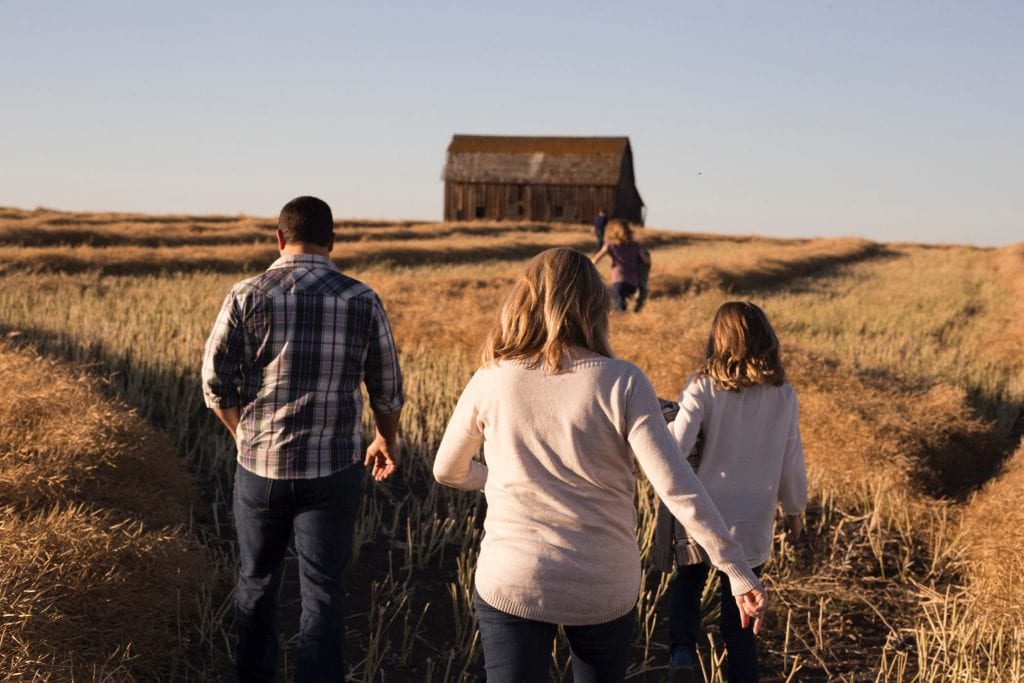
Care for yourself well so you can care for them
When someone we care about is unwell and struggling, supporting them can be painful and frustrating. Making sure you get the skills and support to care well for a loved one who is drinking too much is important.
One option is the Family and Friends Coaching package available through The Banyans. These include one-on-one telehealth support and coaching sessions to equip you with the skills to maintain your resilience and navigate the challenges.
Invest in yourself for the ones you love.

One-on-one telehealth therapy sessions

Receive personalised support from a Masters-qualified psychologist.
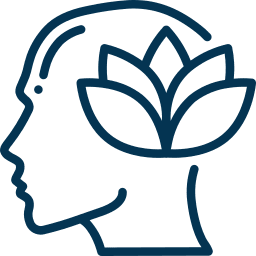
Unique sessions designed for you, to focus on the areas that you want to focus on.

Redeem sessions as required, to access support whenever you need it.



